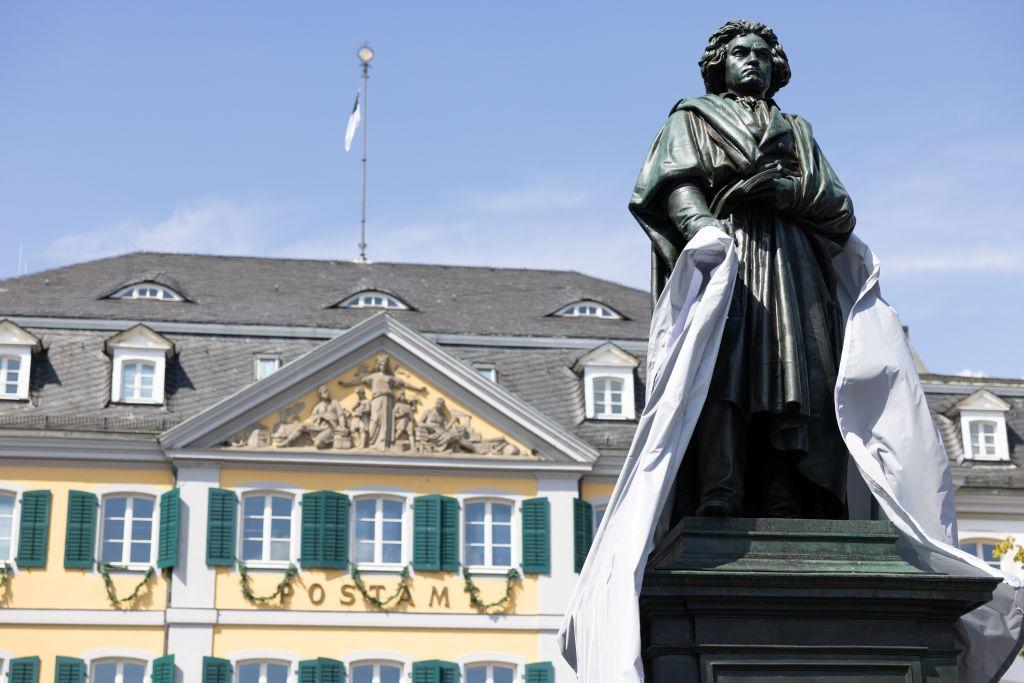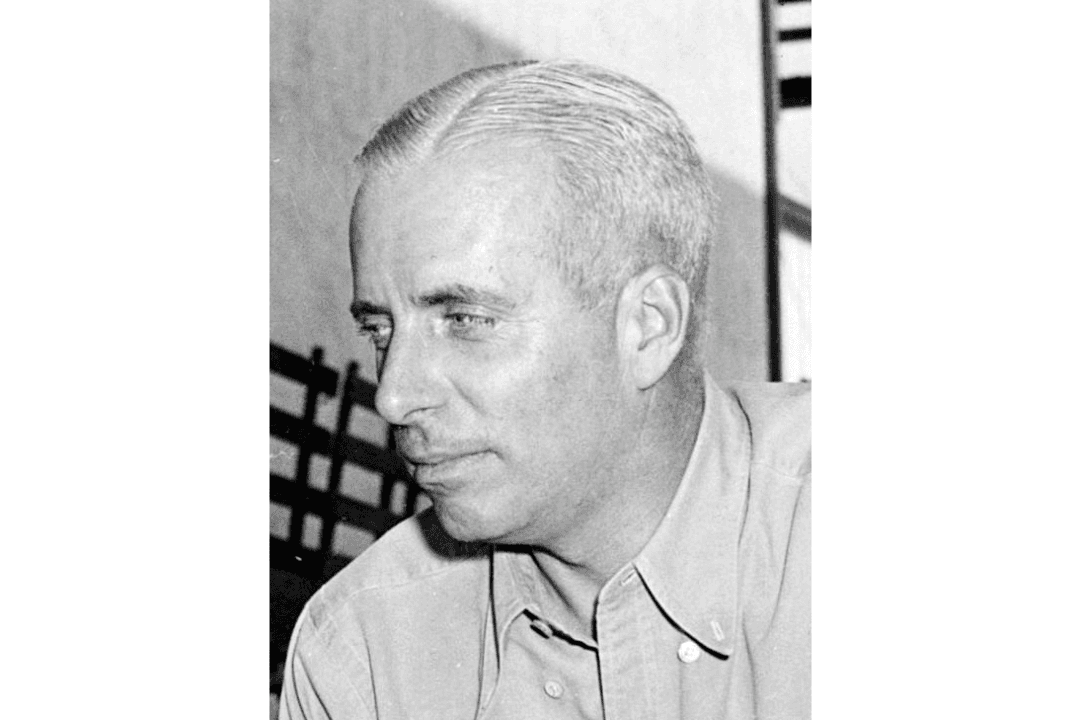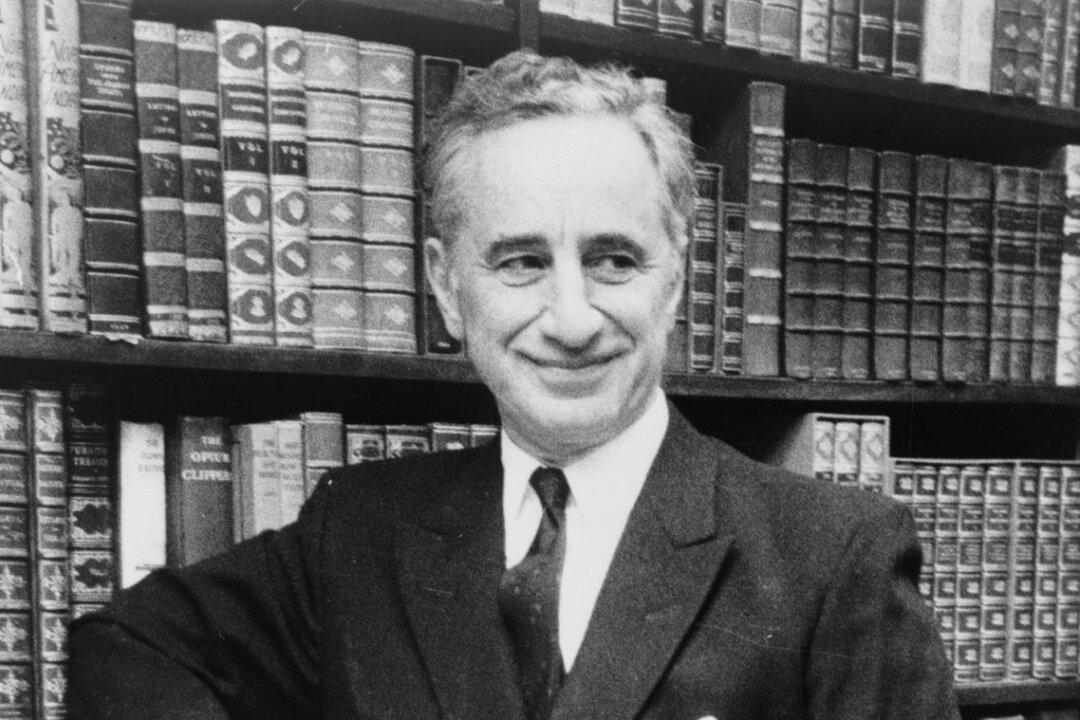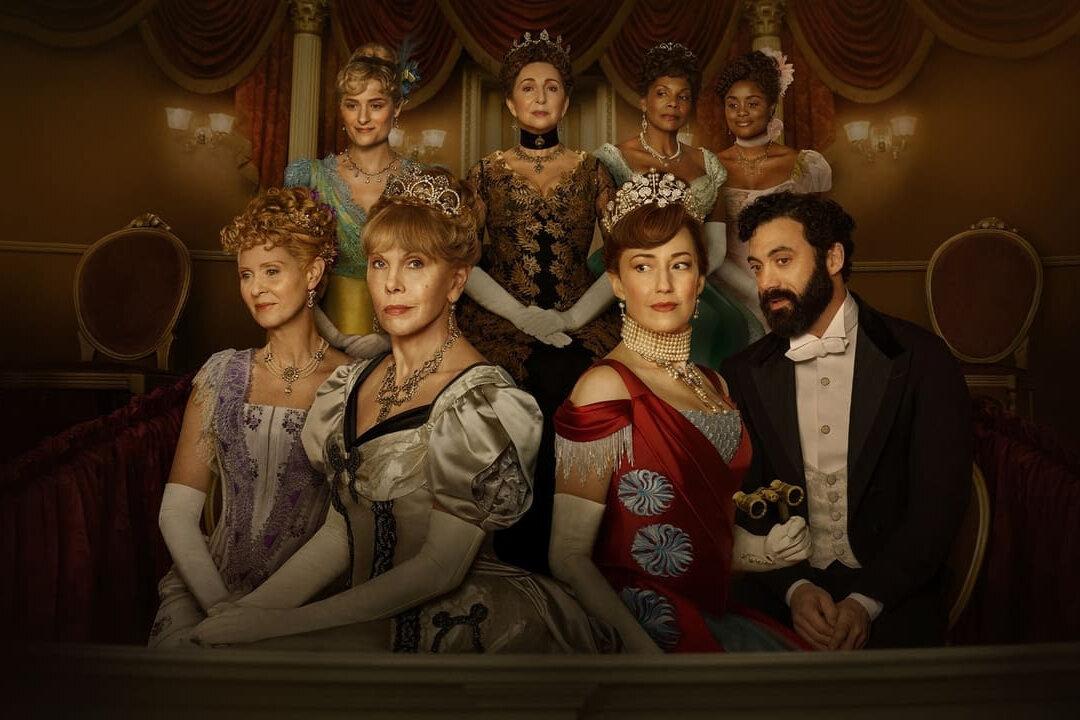Freedom is a theme that runs through the life and work of Ludwig van Beethoven. Born in 1770, he was a child prodigy, clumsily marketed as the new Mozart by his abusive, alcoholic father. In 1792, after his beloved mother’s death, he left his hometown of Bonn, Germany never to return.
Beethoven moved to Vienna, the musical capital of Europe, the city of Mozart and Haydn. He quickly made a name for himself as a keyboard virtuoso with a gift for improvisation. His talent and early compositions attracted wealthy patrons like Prince Lichnowsky, who supported and promoted him, and even let him live in his palace.






